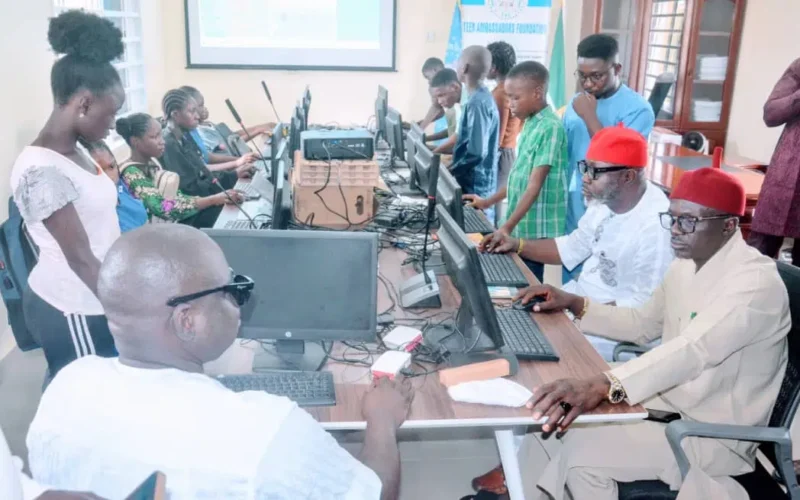A member of the House of Representatives, Rep. Daniel Asama, representing Jos/Bassa Federal Constituency in Plateau State, has highlighted significant implementation gaps as one of the major obstacles hindering Nigeria’s progress in the field of information technology. Speaking at the closing ceremony of a Summer Programme organized by the Teen Ambassador Foundation in collaboration with Net Access Communication Ltd in Abuja, Asama stressed that legislation alone cannot resolve the challenges facing the IT sector.
Asama emphasized the critical need for effective implementation and robust monitoring by relevant government ministries to ensure that legislative frameworks translate into tangible results. He pointed out that the country suffers from widespread issues such as implementation fatigue, infrastructural decay, and corruption, which not only impede the development of the IT sector but also affect various other areas of national progress.
Despite these challenges, the lawmaker expressed optimism that concerted efforts are being made to address these issues. He underscored the importance of introducing young Nigerians to computer science and technology at an early age, suggesting that this could position the country as a future leader in the global tech industry.
Asama also stressed the need to redirect the energy of young people, particularly those involved in online scams, towards constructive and positive uses of technology. He acknowledged the transformative potential of artificial intelligence (AI) and other emerging technologies, which are rapidly changing the landscape of various industries.
“Today, AI has taken over everything,” Asama remarked. “In the near future, computers and technology will dominate the world. As a father, I believe it is only fair to introduce my children to computers and technology now. Whether they aspire to be doctors, lawyers, or any other professionals, they must have a solid foundation in computer science.”
He further elaborated on the importance of STEM (Science, Technology, Engineering, and Mathematics) education, emphasizing that a strong background in these areas is essential for any future profession. “I don’t want my child to be in a profession that could one day be rendered obsolete,” he added.
Asama also highlighted Nigeria’s potential on the global stage, drawing parallels with Silicon Valley, where young people aged 16 to 40 are driving innovation and technological advancement. He noted that Nigeria is known for producing some of the smartest people in the world, and with the right focus on technology, the country could become a major player in the global tech industry.
The lawmaker’s remarks underscore the urgent need for Nigeria to bridge the gap between legislation and implementation in the IT sector, while also harnessing the potential of its youth to drive technological innovation and development.









